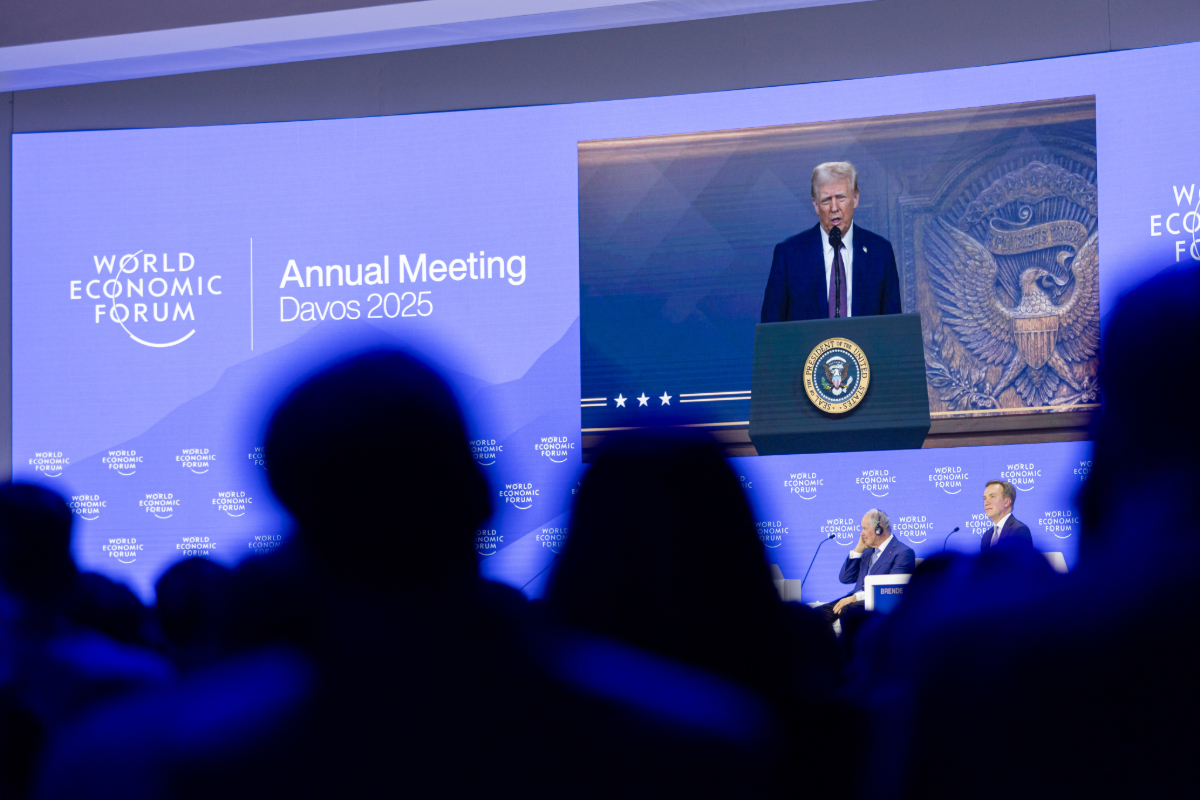
Why action must be taken against corporate tax havens
At the onset of the financial crisis in 2009, the members of the largest economies in the world launched a crusade against tax havens and banking secrecy.
Eight years later, the Swiss private banking industry has been unfairly treated and abused using questionable arguments extraterritoriality – KPMG reports that the number of private banks in Switzerland has declined 24% between 2008 and 2015. The US and the European Union have signed exchange-of-information treaties with many countries, and the list of tax havens has been reduced to 32 jurisdictions.
Probably one of the most successful battles fought after the crisis – the elimination of tax advantages to individuals – pursued, in my opinion, the wrong target. For it was in their home country where U.S., British and other taxpayers were defrauding, not in Switzerland or the Cayman islands. In many cases, as was the case with Switzerland, banking secrecy was massively confused with tax advantages that are gained by charging lower rates to individuals. Tax competition may be considered unfair and undesirable when capital is movable and the wealthier can chose, by means of residency or through shell companies, the lowest possible income and wealth tax rates.
However, this argument does not seem to hold for corporations. Just recently, the US-based Business Roundtable has sent an open letter to the leaders of the 27 EU countries. Members of the Business Roundtable are CEOs who account for $7 trillion in annual revenues and nearly 16 million employees, with a combined stock market capitalization of $7.9 trillion. The letter was sent on behalf of CEOs from companies such as General Electric, JP Morgan Chase, Exxon Mobile and Johnson&Johnson. The letter poses discontent about the recent decision of the European Commission that ordered Ireland to recover up to €13 billion from Apple, plus interest, for alleged tax savings that were unfairly granted by the government of Ireland. The letter makes two essential points. First, that the rule of law must prevail and that the Commission’s demand on Apple is illegal; second, that thee US-based CEOs have the power to threaten the European Union with financial harm and pain by significantly reducing their investment.
Mr. John Engler, a former Michigan governor and signer of the letter as President of the Business Roundtable, makes no claim regarding the fairness of the European Commission’s demands. Personally, I find it outrageous that Apple’s tax rate in 2015 was 0.005% as the Commission has alleged. Yet I find it even more insulting in the disparity of the world that this shows, knowing that the demand comes from the U.S. How can those who have fought against personal tax havens in the last years now be so complacent with corporations such as Apple and other multinationals? These companies are clearly avoiding taxes to increase their competitiveness all at the expense of the countries where they operate.
In the coming years, tax policy is going to be one of the most effective tools that countries will use to ease income and wealth inequality. But the starting point has to be corporate –not personal taxes. Apple’s tax rate is infinitesimal compared to the personal tax rates faced by any of its customers or employees. This is detrimental to world prosperity and competitiveness for three reasons:
First, because the vast majority of Apple’s shareholders, who benefit the most from low taxes, are based in the US. Through globalization Apple is increasing the gap between rich countries (like the U.S.) and the rest. What Nobel prize winner Angus Deaton has called “the Great Escape,” will only be more difficult as nations that need tax revenues, especially those coming from large corporations, are deprived from them.
Second, because tax advantages to companies widen the gap between capital and labor income, they increase income inequalities within countries. Corporate taxes are taxes on capital income for individuals.
Third, because pre-defined advantages make the world less competitive. While these unpaid taxes in the European Union are probably benefitting Ireland (at the expense of other members of the EU), they are overall making the EU less competitive vis-a-vis the U.S. and UK. It is therefore perfectly legitimate – I would even argue highly desirable – that the European Commission gets the unpaid taxes back.
Six years after the G8 members declared war against tax havens, they met again in China a few weeks ago. There was no mention in their final position on corporate tax havens and I wonder why. Should not this be a top issue on the agenda of political leaders and business people? Why is it not?
Professor Arturo Bris is Director of the IMD World Competitiveness Center.
Research Information & Knowledge Hub for additional information on IMD publications
Ten years from now, we’ll know which companies best navigated geopolitics. And the hunt will be on for enduring lessons. Which firms made the smartest adjustments to their global commercial footprint by exiting certain markets, doubling down on ot...

President Trump's energy policies aim to boost competitiveness for US businesses, but risk ceding market dominance in renewable energy and electric vehicles to China.

Founded in 1994, Portfolio Advisors is an experienced private markets manager with dedicated primary, secondary, co-investment, real estate and direct credit teams. In 2023, Portfolio Advisors combined with FS Investments, a pioneer in the democra...

AI is revolutionizing finance, boosting productivity and insights, but CFOs must invest in infrastructure, navigate regulations, and upskill teams for a successful future.

Key themes of self-reliance, diversification, and technological leapfrogging are likely to emerge amidst a return to familiar policies against the backdrop of a changed world.

Business leaders at this year's World Economic Forum sought to block out the political noise and focus on what's happening in the real economy.
Brookfield’s Catalytic Transition Fund is a case study in how the financial industry can spearhead sustainable development. Brookfield Asset Management announced an initial closing of $2.4 billion for the Catalytic Transition Fund, marking a signi...

Explore top books, websites, and podcasts recommended by IMD expert Jim Pulcrano for anyone venturing into or exploring venture capital, from entrepreneurs to investors.
LPX AG, founded in 2004 by Michel Degosciu and Robin Jakob, is a leader in listed alternatives, focusing on listed private equity (LPE) and listed infrastructure. With its pioneering LPX Listed Private Equity Index series and NMX Infrastructure In...

The mention of geopolitics leads many to ask how company strategies are being reformulated to capitalize on what's left of globalization. But this overlooks a critical prior question: what's the best way for firms to track and assess geopolitical ...
Research Information & Knowledge Hub for additional information on IMD publications
Research Information & Knowledge Hub for additional information on IMD publications
Research Information & Knowledge Hub for additional information on IMD publications
Research Information & Knowledge Hub for additional information on IMD publications
Research Information & Knowledge Hub for additional information on IMD publications
in I by IMD 24 January 2025
Research Information & Knowledge Hub for additional information on IMD publications
Research Information & Knowledge Hub for additional information on IMD publications
Research Information & Knowledge Hub for additional information on IMD publications
Research Information & Knowledge Hub for additional information on IMD publications
Research Information & Knowledge Hub for additional information on IMD publications

